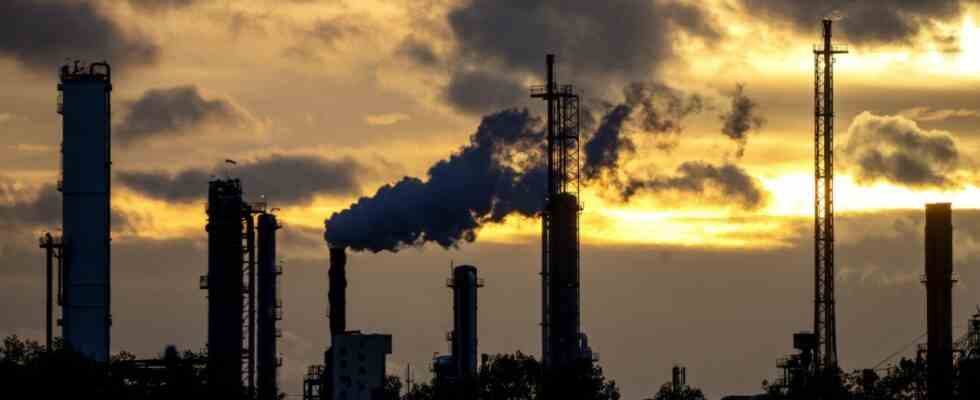The prospects are “bad,” said German Economics Minister Robert Habeck when he spoke about the German economy a month ago. Gross domestic product will shrink by 0.4 percent in 2023, was Habeck’s forecast at the time. This Friday, the EU Commission presented its latest forecasts for the 27 countries of the European Union, and the conclusion is that the situation is a bit worse than Habeck feared – in Germany and the entire EU.
The Commissioner responsible, Paolo Gentiloni, predicted a drop of 0.6 percent for the Germans in 2023. Germany is thus, in a negative sense, at the top of the EU. Nowhere are the high energy prices, the loss of purchasing power due to inflation and the general insecurity caused by the war having such a strong impact.
However, from an economic point of view, the entire EU area is in a nosedive. The economic recovery after the Corona crisis will ensure growth of 3.3 percent in the current year, but a recession is now expected for the last quarter of this year and the first quarter of next year. Unlike the German economy, the European economy is expected to grow at least slightly throughout the year. Gentiloni named 0.3 percent, but that’s not really encouraging either.
Upswing only in 2024
The EU Commission does not see any signs of a real upswing until 2024. Then inflation, which will peak at the end of this year, will also drop significantly, said Gentiloni: from seven percent in 2023 to three percent. However, all of these predictions are based on the assumption that the war in Ukraine will not plunge the world into even greater turmoil and that the European Union will get its energy crisis under control.
Paolo Gentiloni sounded concerned when asked about the general outlook for the European economy. The Italian said he didn’t want to use the word “deindustrialization” and did so anyway, but the Commission was certainly listening to the warnings from business. The high energy prices, for example in comparison to the USA, are a blatant competitive disadvantage. That is why the EU urgently needs to find “stronger joint action” in order to dampen prices. On Friday, the diplomats of the 27 countries once again debated a gas price cap. The EU has been going in circles on this issue for many weeks.

